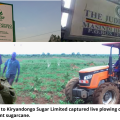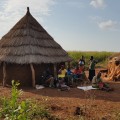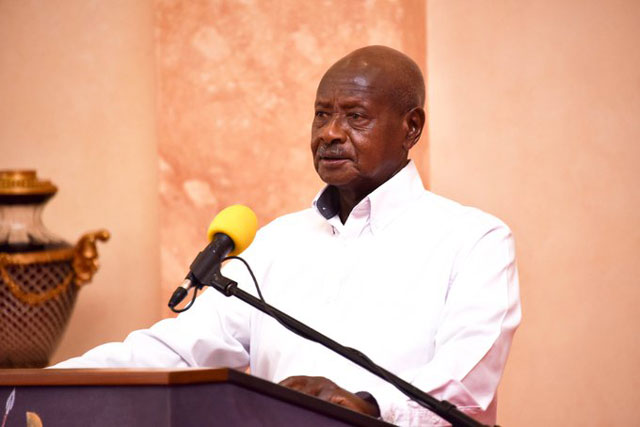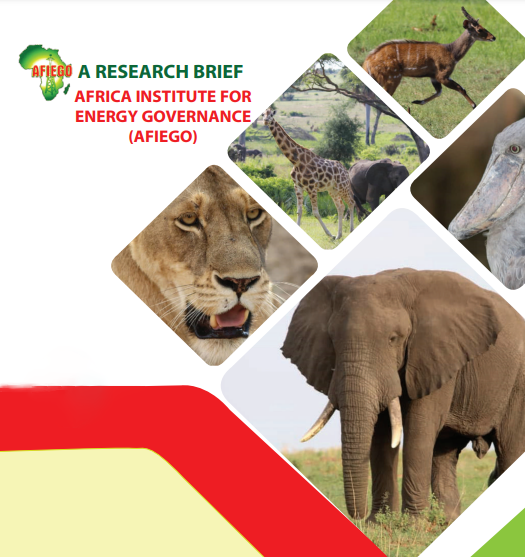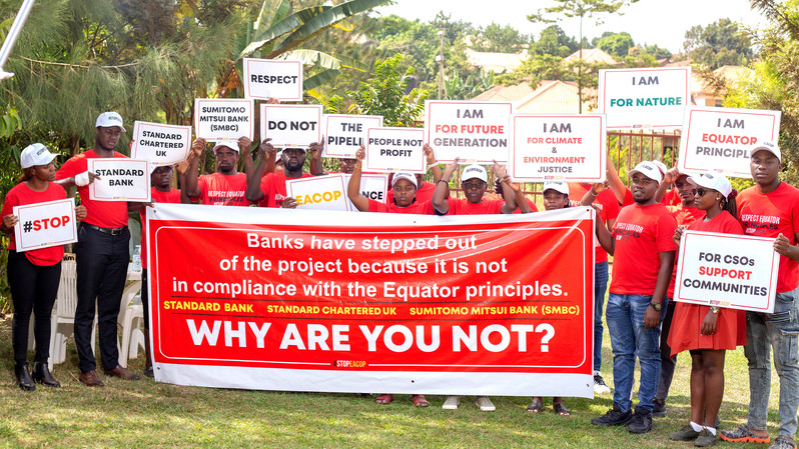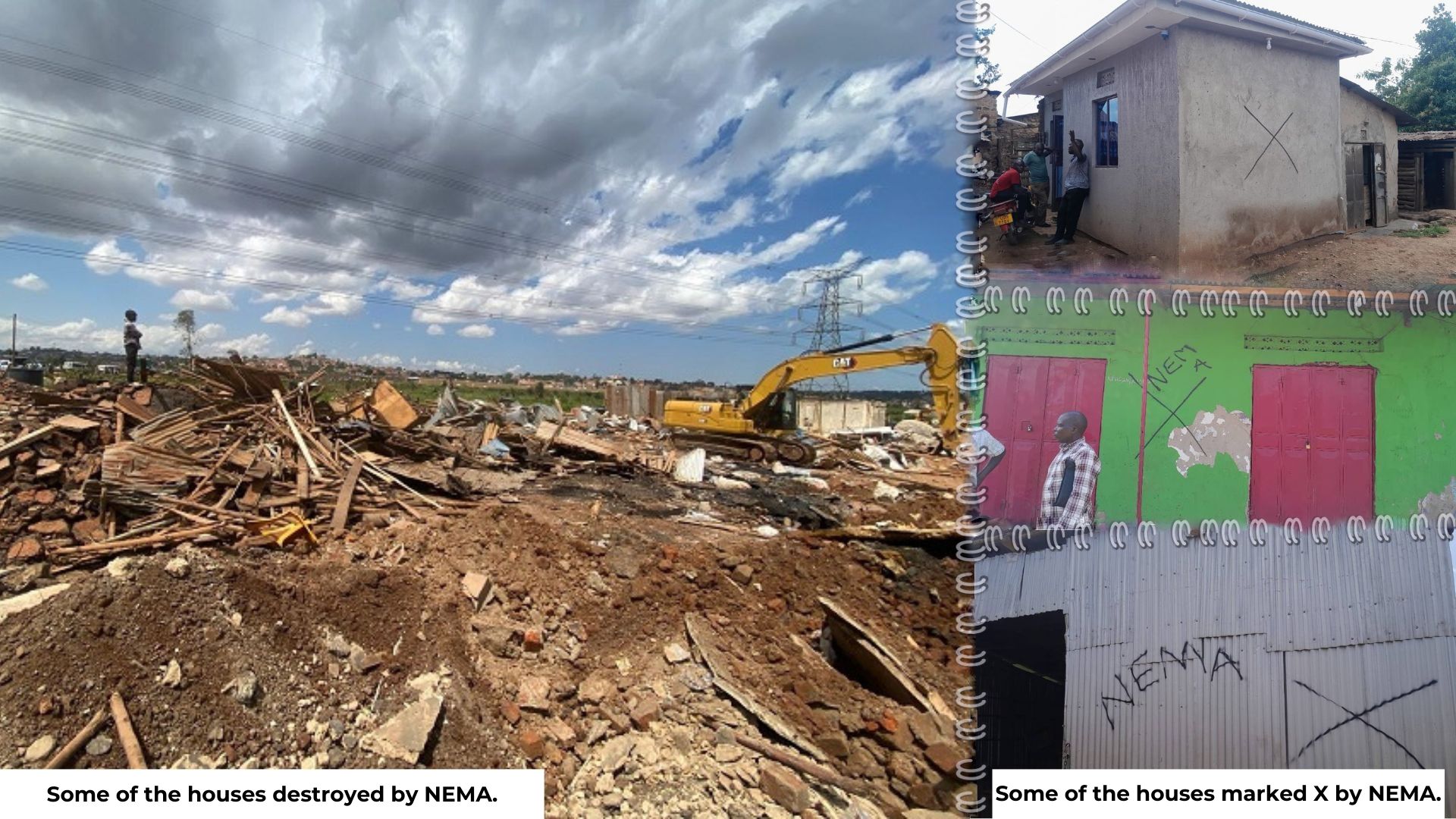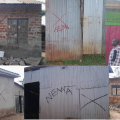By Witness Radio team.
A study conducted by the Africa Institute for Energy Governance (AFIEGO) and its partners has revealed that oil development activities are threatening the existence of Wildlife conservation at Murchison Falls National Park (MFNP).
Uganda has 10 National Parks including Queen Elizabeth, Lake Mburo, Murchison Falls, Kidepo Valley, Kibale, Mount Elgon, Rwenzori Mountains, Semuliki, Mgahinga Gorilla, and Bwindi Impenetrable National Parks and are managed by Uganda Wildlife Authority, (UWA).
Murchison Falls National Park, one of the oldest and most visited national parks in Uganda, is highly attractive to tourists due to its rich biodiversity. According to the Ministry of Wildlife, Tourism, and Antiquities’ 2024 report, Murchison Falls National Park received the highest number of tourists among all the national parks in Uganda between 2019 and 2023.
Data from Ministry of Tourism shows that in 2023, the Murchison park received 141,335 visitors which is equivalent to 36.4% of the 387,914 tourists that visited Uganda’s ten national parks.
The 24-page document titled Murchison Falls National Park is dying: How oil activities, climate change, and poaching are negatively reshaping the Park’ reveals that the Tilenga oil project infrastructural development presents immense risks to Murchison Falls National Park.
The Tilenga Oil project, part of the East African Crude Oil Pipeline (EACOP) is operated by Total Energies E&P (U) B.V. According to the EACOP website, EACOP is being constructed in parallel with two upstream development projects known as Tilenga and Kingfisher respectively.
Between February and June 2024, AFIEGO and partners conducted research to assess the progress of the development of the Tilenga oil project infrastructure and to examine the impact of this infrastructure on biodiversity.
In Murchison Falls National Park, oil sector infrastructure such as drilling rigs, well pads, flowlines, pipelines, roads, and others are being developed to enable commercial oil production by TotalEnergies under the Tilenga oil project.
Findings reveal that there has been progress in developing oil sector infrastructure in park assessed through satellite images. According to the study analysis of May 2024, satellite imagery shows rapid development of the tens of well pads and clearing for roads and the pipeline network inside the park.
The progress in oil development has had chilling effects on humans and biodiversity. Findings from the study expressed growing concern and fear towards light pollution, increased poaching risks, and increased motorization. Elephants are invading different areas of residence because of vibrations from the oil rig.
Among the impacts seen is the escape of wild animals from the park and the killing of people neighboring it. The study reveals that between 2023 and April 2024 in Buliisa district, five people have been killed by elephants. Oil host communities that live around the Park reported that elephants are moving from the Park and are invading communities destroying croplands and killing people.
According to experts in the study, the elephants could feel the vibrations from the drilling rig in their feet which causes them to move away from the Park and into communities.
The study also noted that the Tilenga oil project drilling rig is responsible for increasing light pollution in the Park and the surrounding communities. The light from the rig can be seen at long distances up to 13.9km away. Concerns were raised by this research’s respondents, who observed that the feeding and other patterns of nocturnal and light-sensitive wildlife could be negatively impacted by the rig’s light pollution. Such wildlife includes leopards, lions, birds, and others. These could migrate from the Park, or suffer worse impacts such as death.
Away from the above, the study observed that the paved roads that have been constructed in Park to support the Tilenga oil project activities have opened it up to more motorised traffic exposing wildlife to poaching, accidents as well as noise and air pollution.
Furthermore, Well-pads are located an estimated 950 and 750 metres respectively from the Murchison Falls-Albert Delta Ramsar Site in Park which is an Important Birding Area and important spawning ground for the Lake Albert fisheries.
“The development of good pads near the Ramsar site has been implicated in risking the conservation of aquatic biodiversity such as water birds especially the vulnerable Shoebill, fishes, and mammals like the hippopotamus” the study mentioned.
Additionally, the development of well pads and other oil sector infrastructure were also implicated in increasing the human population in Park. “The presence of human beings has been shown to lead to avoidance by wildlife, especially larger mammalian predators, of areas where human beings are. Wildlife such as the Uganda Kob was said to be slowly acclimatizing to the human presence and can be found near oil sector workers”. The study revealed.
Also, it pins oil activities in the Northern sector of the Park where the rig that will drill the Jobiri wells is located, the Northern side is characterized by savanna vegetation hosting more wildlife than the Southern sector, endangering the conservation of the savanna grasslands. According to experts in the study, predators such as lions, hyenas, leopards, and others also prefer to live in the Northern sector of the Park where they can easily access prey among others.
This study was released barely a few weeks after a group of 828 civil society organizations (CSOs) led by Afiego, oil host communities, fisherfolk, small-scale farmers as well as tour and travel operators, and other individuals from Uganda and the Democratic Republic of Congo (DRC) petitioned President Yoweri Kaguta Museveni to stop the ongoing TotalEnergies’ oil drilling in Murchison Falls National Park and its planned deployment of a second oil rig in the Park.
The petition followed reports that Total Energies E&P (U) B.V. was sweet-talking the President to allow them to deploy the second rig in the Park following the Petroleum Authority of Uganda’s (PAU) refusal, to allow them to deploy another oil rig in the Park over biodiversity conservation concerns.
As Total looks to add more oil rigs escalating the impacts, the recent study reveals that its current infrastructural projects—including oil rigs, well pads, pipelines, and roads—continue to cause negative impacts on biodiversity conservation in the Park.
In a bid to strengthen biodiversity conservation, the research study recommends that TotalEnergies and the Ugandan government stop all oil exploitation activities in the Park and calls for the intervention of the United Nations (UN), Ramsar secretariat, and UNESCO World Heritage Committee to engage the Ugandan government to stop the oil activities in Park.
Furthermore, the Ugandan government and development partners called upon to support the Uganda Wildlife Authority (UWA) in addressing risks such as climate change, poaching, and human-wildlife conflicts that are endangering the conservation of vital wildlife that supports the multi-billion tourism and other industries in Uganda.
The Uganda Wildlife Authority refused to comment on the study findings. The spokesperson of the Authority Mr. Bashir Hangi in an interview with Witness Radio said he was unable to comment on its contents.
“We haven’t read the detailed report and cannot comment on its contents. Allow us to read the report,” he wrote in a WhatsApp text message to Witness Radio.
Dr. Patricia Litho Kevin, the Assistant Commissioner for Communication in the Ministry of Energy and Mineral Development, acknowledged that there are potential risks associated with oil exploration and production, a reason why they established robust regulations, monitoring mechanisms, and contingency plans to prevent and respond to any environmental incidents.
She adds that the Government of Uganda is committed to ensuring that the oil projects are executed in an environmentally sustainable and responsible manner because it also understands the importance of preserving the natural heritage and biodiversity.
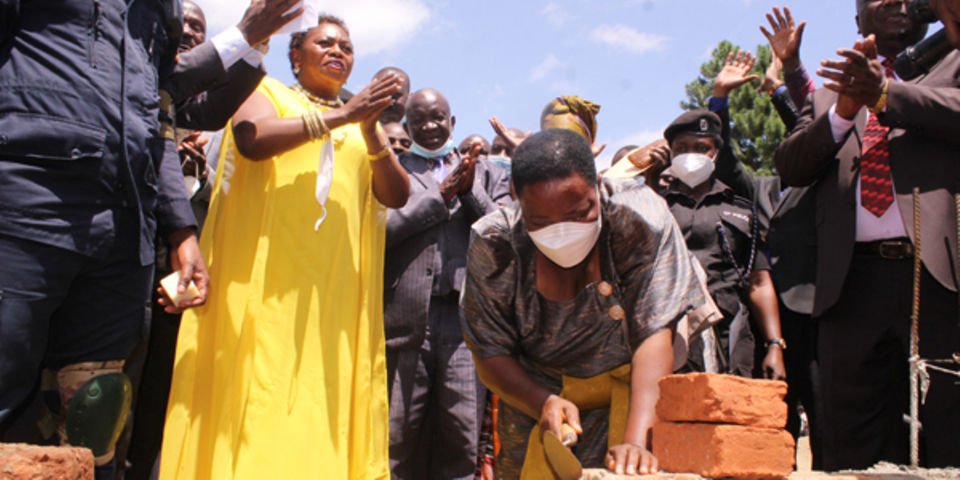
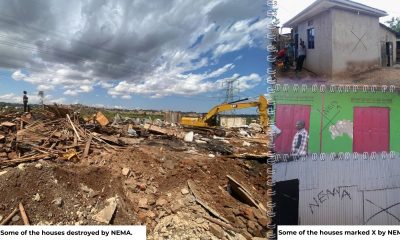
 MEDIA FOR CHANGE NETWORK5 days ago
MEDIA FOR CHANGE NETWORK5 days ago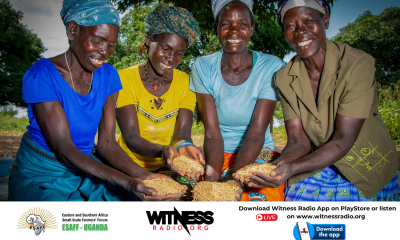
 FARM NEWS2 weeks ago
FARM NEWS2 weeks ago
 MEDIA FOR CHANGE NETWORK2 days ago
MEDIA FOR CHANGE NETWORK2 days ago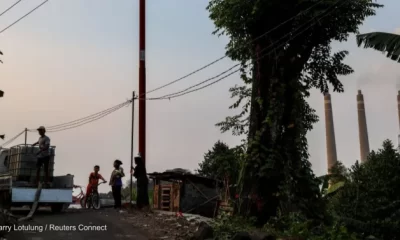
 NGO WORK1 week ago
NGO WORK1 week ago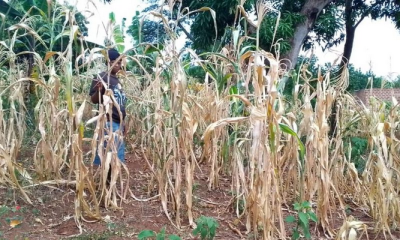
 FARM NEWS5 days ago
FARM NEWS5 days ago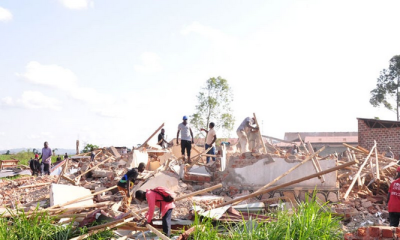
 MEDIA FOR CHANGE NETWORK5 days ago
MEDIA FOR CHANGE NETWORK5 days ago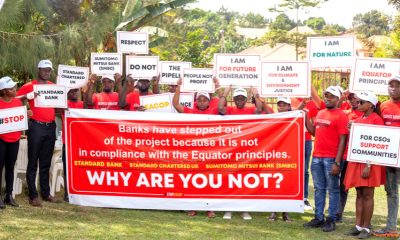
 MEDIA FOR CHANGE NETWORK3 days ago
MEDIA FOR CHANGE NETWORK3 days ago

